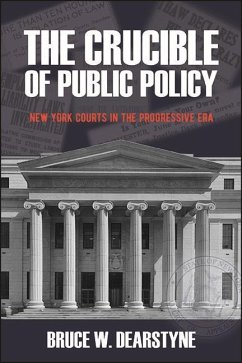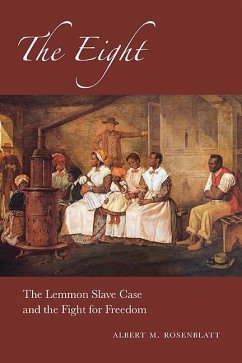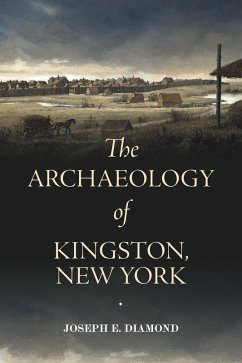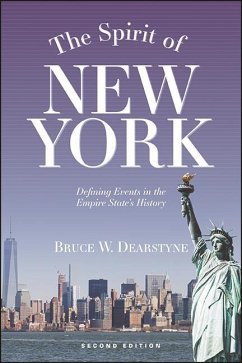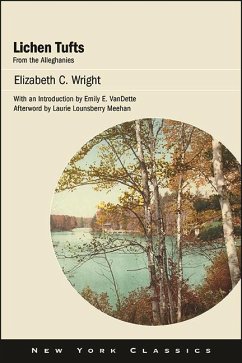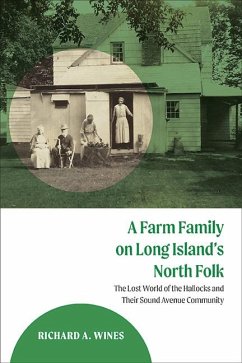
The Great Murdering-Heir Case (eBook, ePUB)
A Biography of Riggs v. Palmer
Versandkostenfrei!
Sofort per Download lieferbar
25,95 €
inkl. MwSt.
Weitere Ausgaben:

PAYBACK Punkte
13 °P sammeln!
Uncovers the facts behind the celebrated 1889 case of Riggs v. Palmer and shows how they transform our understanding of the decision.In 1882, Elmer Palmer was convicted of poisoning his grandfather Francis in rural northern New York State. In a famous decision in 1889, the New York Court of Appeals denied Elmer the right to inherit from Francis, even though the statute governing wills seemed to entitle him to the legacy. Twentieth-century commentators have treated Riggs v. Palmer as a model of the judicial craft and a key to understanding the nature of law itself; however, the case's history s...
Uncovers the facts behind the celebrated 1889 case of Riggs v. Palmer and shows how they transform our understanding of the decision.
In 1882, Elmer Palmer was convicted of poisoning his grandfather Francis in rural northern New York State. In a famous decision in 1889, the New York Court of Appeals denied Elmer the right to inherit from Francis, even though the statute governing wills seemed to entitle him to the legacy. Twentieth-century commentators have treated Riggs v. Palmer as a model of the judicial craft and a key to understanding the nature of law itself; however, the case's history suggests that it is neither of these things. In its own time, the decision was radically at odds with legal doctrine as then understood by American judges. Rather than a quintessentially principled ruling, it was most likely ad hoc and ad hominem, concocted to thwart a particular individual thought to have been punished too lightly for his crime. The book illustrates the value of two approaches to interpreting decisions, those of "case biography" and "legal archaeology." Both draw upon historical sources neglected in conventional legal scholarship. In doing so, they may challenge-or confirm-the validity as precedent today of classic cases from the past.
In 1882, Elmer Palmer was convicted of poisoning his grandfather Francis in rural northern New York State. In a famous decision in 1889, the New York Court of Appeals denied Elmer the right to inherit from Francis, even though the statute governing wills seemed to entitle him to the legacy. Twentieth-century commentators have treated Riggs v. Palmer as a model of the judicial craft and a key to understanding the nature of law itself; however, the case's history suggests that it is neither of these things. In its own time, the decision was radically at odds with legal doctrine as then understood by American judges. Rather than a quintessentially principled ruling, it was most likely ad hoc and ad hominem, concocted to thwart a particular individual thought to have been punished too lightly for his crime. The book illustrates the value of two approaches to interpreting decisions, those of "case biography" and "legal archaeology." Both draw upon historical sources neglected in conventional legal scholarship. In doing so, they may challenge-or confirm-the validity as precedent today of classic cases from the past.
Dieser Download kann aus rechtlichen Gründen nur mit Rechnungsadresse in A, D ausgeliefert werden.




